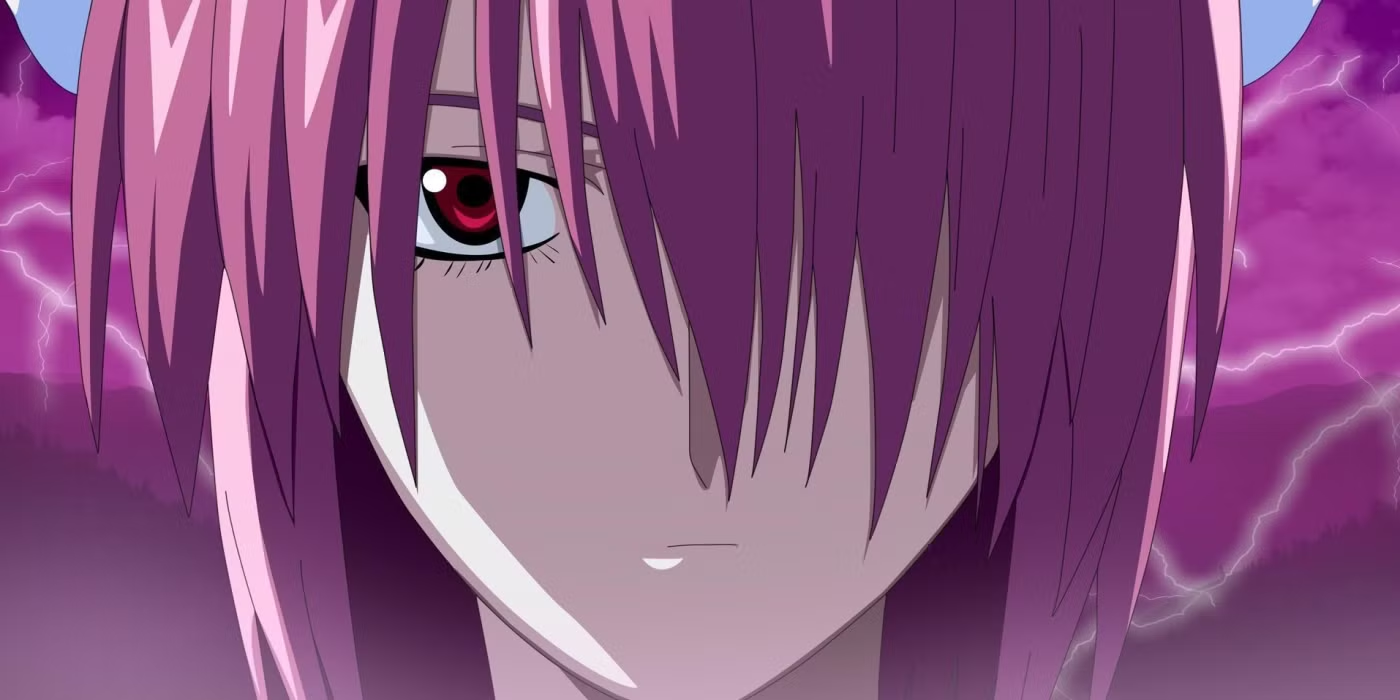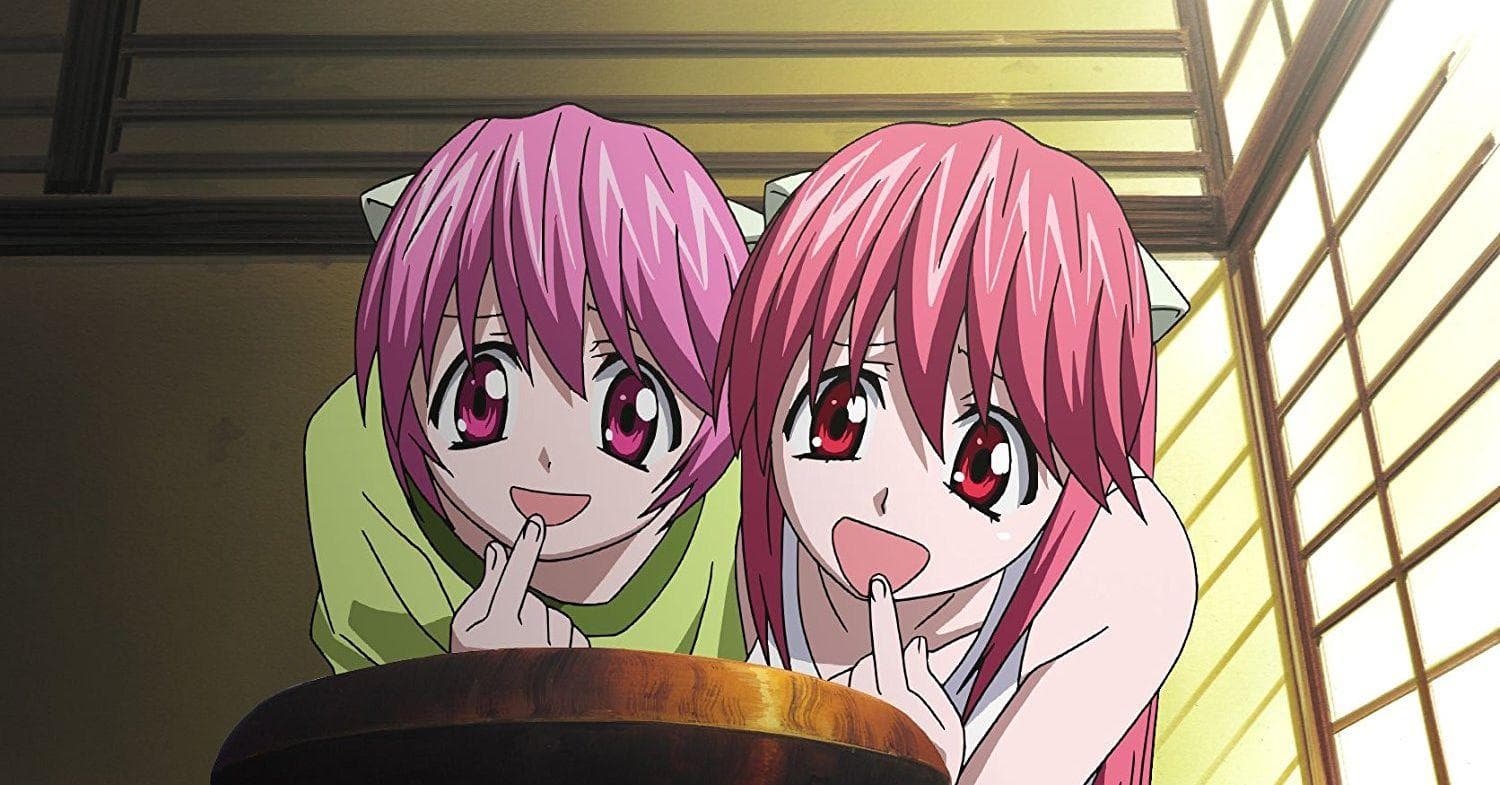Before streaming services like Crunchyroll made anime widely accessible, fans relied on word of mouth and whatever they could find online. During this period, Elfen Lied became a cult classic in the West, often serving as a gateway into darker and more obscure anime. Initially beloved, the series gained a reputation as a must-watch for newcomers. However, as anime became easier to access, public perception shifted, with many dismissing Elfen Lied as an edgy relic of the past.
Upon revisiting the series, I understood the criticism. Elfen Lied can be overly dramatic, indulgent, and even messy at times. Yet, those qualities also give it a unique charm. It may not be a masterpiece, but its rawness and confidence make it stand out even today. Despite its flaws, it remains an influential work that shaped many anime fans’ tastes, including my own.
The Edginess That Made Elfen Lied Iconic

The late 1990s and early 2000s saw a wave of psychological and sci-fi anime, such as Neon Genesis Evangelion and Serial Experiments Lain, setting a precedent for darker, introspective storytelling. Following this trend, Elfen Lied embraced excessive violence, fan service, and an exaggerated sense of tragedy. While some consider it a product of its time, its lack of restraint actually works in its favor, giving it a distinct identity.
Rather than feeling like a soulless attempt at being edgy, Elfen Lied thrives on its melodrama. Its confidence in its storytelling—combined with its striking use of violence and music—keeps viewers engaged, even when the plot stumbles. The iconic opening song, Lilium, paired with dramatic cliffhangers, ensures that the series remains compelling from start to finish.
A Unique Balance of Action and Drama
Despite its reputation for excessive gore, Elfen Lied excels at blending action with emotional storytelling. The fights are brutal, yet they’re driven by personal conflicts and character relationships, much like Berserk. The dynamic between Lucy and Kouta, for example, is at the heart of the series, shaping both the narrative and the emotional weight of its most intense moments.
Unlike many action-heavy anime, Elfen Lied doesn’t treat romance as an afterthought. Instead, it weaves romance and character dynamics into its central conflict. This approach, influenced by shojo manga, makes the audience care about the characters before throwing them into violent, tragic situations. While the execution isn’t always perfect, it gives the series an emotional depth that many of its contemporaries lacked.
Elfen Lied’s Rough Edges Make It Memorable

As the debut work of manga author Lynn Okamoto, Elfen Lied has its fair share of flaws. The storytelling can be inconsistent, and at times, it takes itself too seriously. However, its imperfections add to its charm. There’s an honesty in its writing—a raw passion that makes it feel more genuine than many polished but soulless productions.
The series is unapologetic in its approach, stumbling into clichés one moment and delivering a gut-wrenching emotional scene the next. That unpredictability makes it compelling, even years after its release. While it may not hold up as a flawless classic, it remains an essential watch for those interested in the evolution of anime storytelling.





